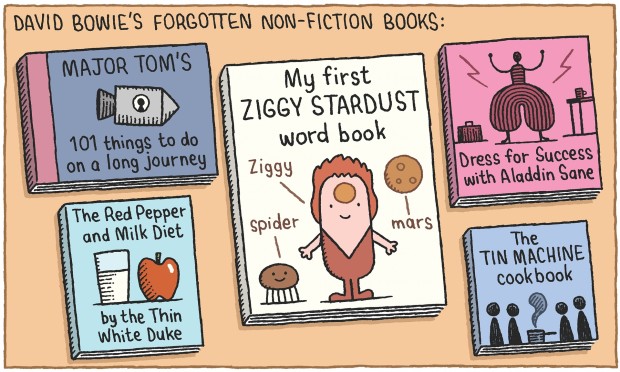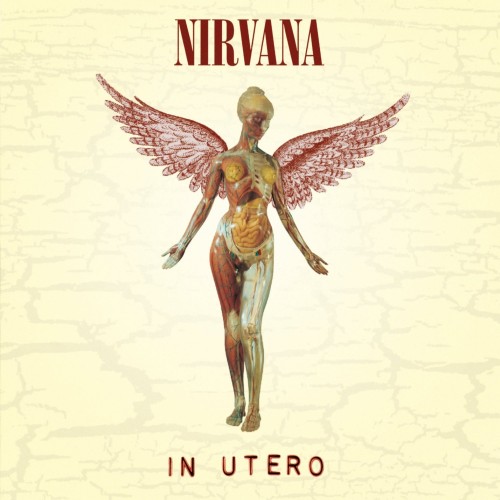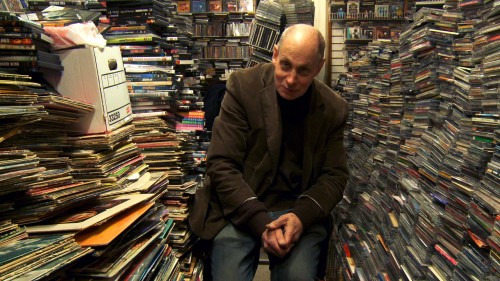Alex Abramovich has a nice piece at London Review of Books on the late Tom Verlaine and the sale of his massive book collection:
Verlaine, who formed and fronted the band Television, died on 28 January 2023. Over the years he had acquired fifty thousand books – twenty tons or more – on any number of subjects: art, acoustics, astrological signs, UFOs. The sale of those books – a two-day affair in August, run out of adjacent garages in Brooklyn – was a serious draw. Arto Lindsay, the avant-pop musician, walked by. Tony Oursler made a short video and posted it on Instagram. Old friends, some of whom looked as if they hadn’t seen daylight in decades, found each other in the long line.
Dealing with that many books was quite an undertaking:
Verlaine had been a regular at the Strand, where he’d once worked in the shipping department – you’d see him on the sidewalk in front, where the dollar carts were. On tour, he used the space between soundcheck and showtime to visit local booksellers. In Brooklyn, he had packed his storage units so tightly that Patrick Derivaz, the friend charged with handling his estate, had to rent another unit just to have space to move boxes around. Jimmy Rip, a guitarist in Television’s most recent incarnation, had flown in from Argentina in January; seven months later he was still in New York, helping out. Dave Morse and Matty D’Angelo, of the Bushwick bookstore Better Read than Dead, had come aboard too.
‘Usually,’ Morse told me, ‘people call and say: “We have fifty thousand books.” You get there and it’s more like five hundred. In this case, we counted the boxes.
My books are not in storage units but having also helped some relatives downsize recently, this is a reminder that I need to take a long hard look at what I want to keep.
Comments closed








